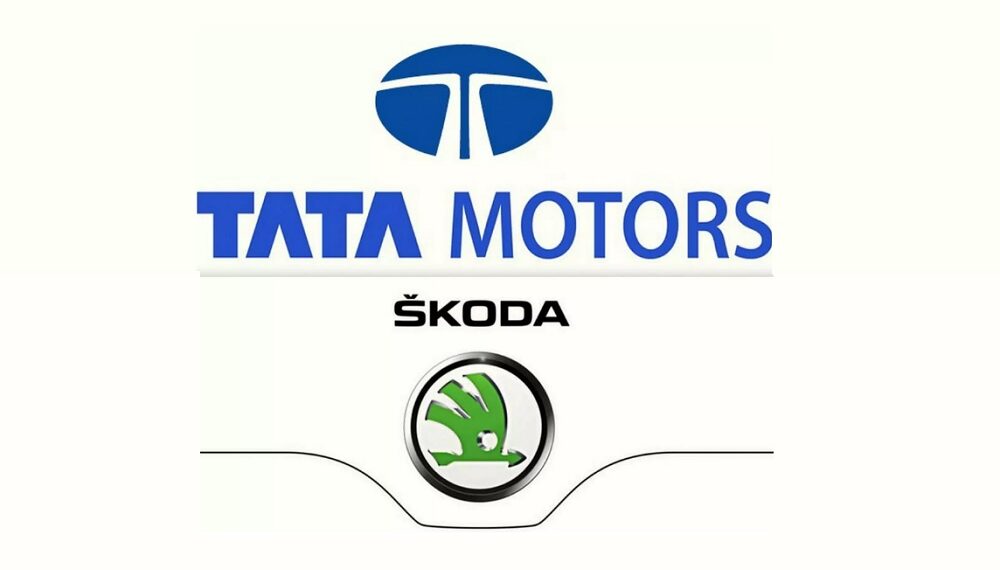
In a significant move set to bolster India's railway and public transport infrastructure, **TATA AutoComp Systems Limited** and **Skoda Group** have officially announced a joint venture to manufacture advanced railway propulsion systems and components within India. This multi-million euro investment marks a pivotal moment for both companies and the Indian mobility sector at large.
The newly formed joint entity will focus on producing crucial components such as converters, drives, and auxiliary converters for a wide range of rail vehicles, including medium high-speed and regional trains, metros, and light rail vehicles. This strategic collaboration is poised to leverage TATA AutoComp's robust presence in the Indian market and its experience, including contributions to the Vande Bharat train project, alongside Skoda Group's extensive European expertise in public transport solutions and over 165 years of engineering heritage.
A Synergistic Partnership for 'Make in India'

The partnership aligns perfectly with the Indian government's 'Make in India' initiative, emphasizing localized manufacturing and technological advancement. By combining Skoda Group's cutting-edge technology with TATA AutoComp's manufacturing prowess and market understanding, the joint venture aims to deliver state-of-the-art electrical propulsion systems that are both affordable and sustainable.
Arvind Goel, Vice-Chairman of TATA AutoComp, highlighted that this collaboration would significantly enhance the company's footprint in the Indian Railway and Metro segment. Petr Novotný, CEO and Chairman of the Board of Directors, Skoda Group, reiterated the commitment to bringing advanced technology and proven solutions to India's dynamic rail infrastructure market.
Impact on India's Mobility Landscape
This joint venture is expected to have a far-reaching impact on India's rapidly expanding railway network. As the country continues to invest heavily in modernizing its rail infrastructure and expanding metro systems in various cities, the demand for high-quality, indigenously manufactured components is soaring.
The local production of these critical railway components will not only reduce reliance on imports but also foster job creation, skill development, and technological transfer within India. It represents a significant step towards achieving self-reliance in the public transport sector and will contribute to more efficient, reliable, and sustainable railway operations across the nation.
While previous speculations about a Tata Motors and Skoda Auto collaboration in the passenger vehicle segment had surfaced and were later called off in 2017 due to unachievable synergies, this new joint venture firmly establishes a strong partnership in a different, yet equally vital, domain of mobility. The focus on railway systems underscores a strategic alignment with India's infrastructure development priorities and the global shift towards greener transportation solutions.





0 Comments